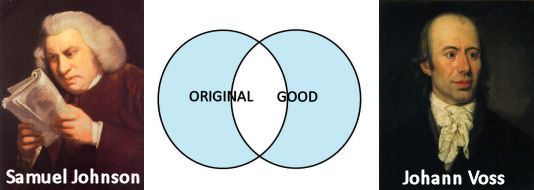Mark Twain? Albert Bigelow Paine? Apocryphal?
Question for Quote Investigator: Mark Twain formulated a wonderful expression about the fallibility of memory as one grows older. Here is the beginning of his humorous saying:
When I was younger, I could remember anything, whether it had happened or not.
My own memory may be failing because I think I have seen multiple versions of the full statement. Is there more than one version? Which version is correct?
Reply from Quote Investigator: Yes, there are three important variants of this quotation that have been ascribed to Mark Twain. Intriguingly, the meaning of the quotation and the nature of the joke changed as the statement was revised. Here are the three versions with dates. Boldface has been added:
1907: When I was younger I could remember anything, whether it had happened or not; but my faculties are decaying, now, and soon I shall be so I cannot remember any but the things that happened.
1912: When I was younger I could remember anything, whether it happened or not; but I am getting old, and soon I shall remember only the latter.
1924: When I was younger I could remember anything, whether it had happened or not; but my faculties are decaying now, and soon I shall be so I cannot remember any but the things that never happened.
Mark Twain worked on his autobiography for many years, and during this process he sometimes published sections. The first statement above was included in a draft chapter of his autobiography that was printed in the March 1907 issue of “The North American Review”. Before presenting the statement Twain mentioned an incident from his memory which he now believed was a “delusion”:1
My brother Henry was six months old at that time. I used to remember his walking into a fire outdoors when he was a week old. It was remarkable in me to remember a thing like that, which occurred when I was so young. And it was still more remarkable that I should cling to the delusion, for thirty years, that I did remember it — for of course it never happened; he would not have been able to walk at that age. If I had stopped to reflect, I should not have burdened my memory with that impossible rubbish so long.
Immediately preceding the quotation Twain presented another memory that he now considered unreliable:
For many years I believed that I remembered helping my grandfather drink his whiskey toddy when I was six weeks old, but I do not tell about that any more, now; I am grown old, and my memory is not as active as it used to be. When I was younger I could remember anything, whether it had happened or not; but my faculties are decaying, now, and soon I shall be so I cannot remember any but the things that happened. It is sad to go to pieces like this, but we all have to do it.
Twain’s joke was counterintuitive because he was comically arguing that his memory was actually improving as he aged. Impossible, and hence inaccurate, memories were being rejected. The conventional viewpoint usually asserts the opposite thesis that memory becomes less reliable as one ages. Indeed, the joke was later modified to accord with the conventional stance.
Here are additional selected citations in chronological order.
Continue reading “Quote Origin: When I Was Younger, I Could Remember Anything, Whether It Had Happened or Not”
